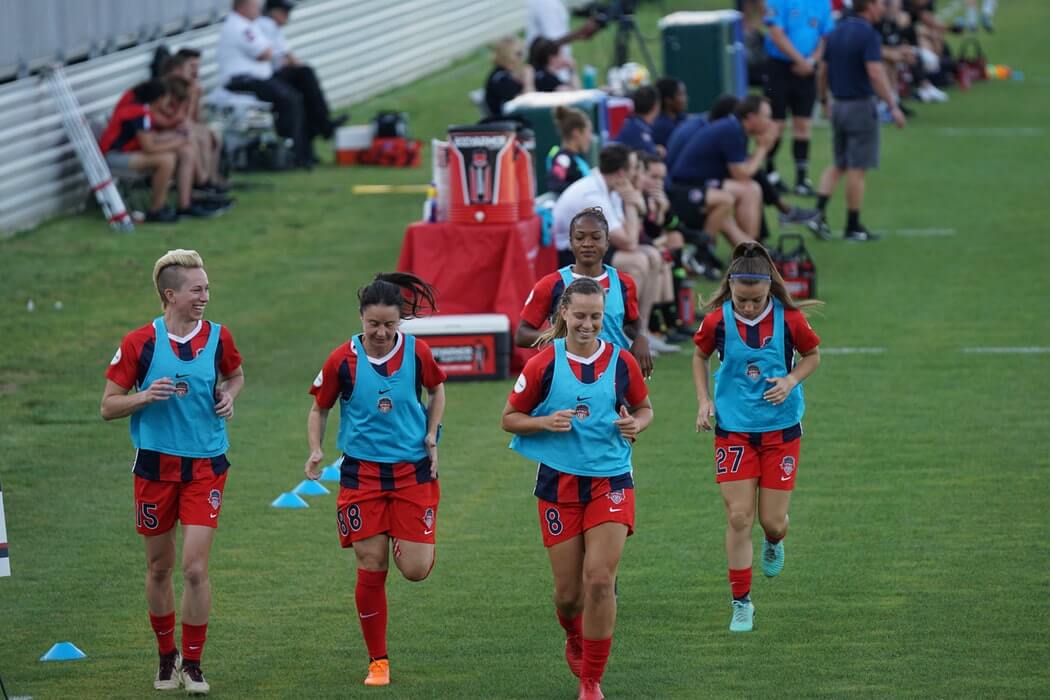I think we can all agree that every parent wants their children to do well. Whether academically, athletically, or socially, seeing their children succeed is what motivates most parents. How parents show this desire for child success, however, differs from household to household.
Chances are, most people reading this blog either have children or are involved in educating them in some way. Today, we’re going to talk about a few simple things to keep in mind in order to be a “cheerleader” for your children/students in a helpful, positive way without being overbearing.
A good place to start when it comes to encouraging kids is to identify where their strengths lie. Each student has their own unique set of strengths and weaknesses, and recognizing them is essential to helping him or her grow in a positive way. Understanding which subjects and activities are suitable for each child will not only help him or her solidify their strengths, it will also help avoid some of the frustration of misdirecting their (and your) energy.
Similarly, it’s important to recognize that, in addition to talents, each student also has different interests. Pushing a child in a direction they aren’t interested in can create conflict, no matter how well-intentioned the pushing may be. Whether it’s piano lessons, football practice, or drama club, allowing students to have a say in the activities they are a part of can go a long way in terms of both happiness and success.
On the flip side, it’s also worth noting that constantly jumping from one activity to the next without committing to any of them is generally not good for kids. Enforcing a set trial period for each new activity can be helpful. It’s not unusual for children to want to quit their extracurriculars shortly after starting for all sorts of reasons. Figuring out what those reasons are is an important part of deciding whether or not a student should leave one activity in favor of another. Often, children can become easily discouraged when participating in something new but sticking with it for a while can help them push past early hurdles and excel.
Another thing to keep in mind is something we’ve discussed in a previous post: burnout. Sometimes, regardless of how good an activity may be on its own, a student’s overall schedule can have a major effect on their performance, stress level, and grit. Packing too many items into a child’s schedule can overwhelm them, causing stress and affecting performance across the board. Check out our “Overscheduled” post to learn more.
Finding the right classes and extracurriculars for each student is only the beginning. Being a good cheerleader for your kids is as much about consistency and attitude. Having the right approach towards positive (and negative) encouragement is an area in which parents can sometimes struggle. One simple thing to keep in mind is how to react when mistakes and failures inevitably occur. Maintaining a good attitude can mean the difference between yelling at a child for slipping up or praising their effort and giving constructive criticism, which can be the difference maker when helping your child develop a growth mindset. See our blog about growth and fixed mindsets to learn more.
Also important in this equation is leading by example. It may seem obvious to some of us, but many parents forget to hold themselves to (at least) the same level of conduct as they hold their children. If a student sees their parent behaving negatively on the sidelines, they are much more likely to engage in the same poor behaviors themselves.
It’s important not to project your own feelings onto your children in a detrimental way. Being enthusiastic about your children’s successes and failures is generally a good thing, but sometimes parents can become TOO emotionally invested and begin to identify personally with what their children are doing. Vicarious feelings like this can cause adults to behave inappropriately when it comes to their children’s activities (especially sports), in turn leading to undue pressure.
Ultimately, being a good cheerleader for your kids or students comes down to being active while still letting kids be kids. Easier said than done, of course, but keeping this in mind can go a long way toward helping students grow in a healthy, happy way.





